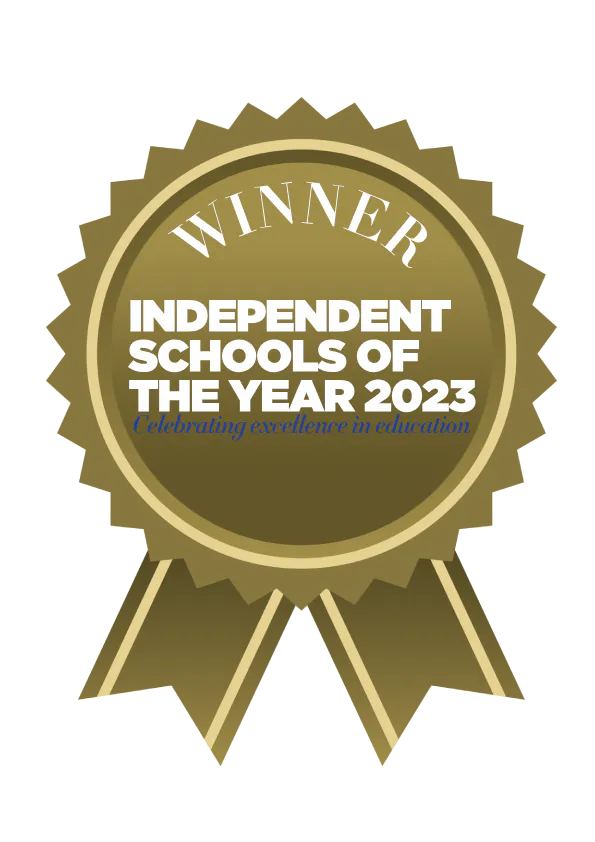DRAMA & THEATRE
Why choose Drama & Theatre?
You can develop your existing performance ability and use this towards achieving an A Level. You’ll gain confidence and have fun. You’ll learn to work within a team and balance a range of ideas. You’ll have a mix of practical and written work unlike any other subject.
How will A Level Drama and Theatre help me in the future?
The World Economic Forum’s Future of Jobs Report predicts creativity, innovation and ideation will be key skills for the workforce of the future. When business leaders across the world were surveyed, they voted creativity as the most important workplace capability to help their businesses survive and grow. This means that the study of creative subjects, like Drama, is becoming even more important.
What does the course involve?
The Eduqas GCE A Level Drama and Theatre is an exciting and inspiring course. This highly practical specification provides you with the opportunity to work as either performers and/or designers. You will collaborate in devising your own piece of theatre and perform in a performance from a text. You will also perform in a reinterpretation of a text performance which is a combination of selected text and original ideas. You will explore a range of texts and view a variety of live theatre productions. The specification has three components: Theatre Workshop, Text in Action, Text in Performance.
Exam Board EDUQAS

Course details
Component 1: Theatre Workshop 20%: Learners will be assessed on either acting or design and participate in the creation, development, and performance of a piece of theatre based on a reinterpretation of an extract.
Component 2: Text in Action 40%: Learners will be assessed on either acting or design and will participate in the creation, development, and performance of two pieces of theatre.
Component 3: Text in Performance 40%: Written examination: 2 hours 30 minutes. They will also analyse the ways in which different performance and production elements are brought together to create theatre. Candidates choose the following options:
- Directing
- Acting
- Costume design
- Mask or puppet
- design
- Set design
- Technical elements – lighting or sound.
What could I do next?
The possibilities are endless. Drama will enable you to demonstrate many skills which employers, colleges and universities will be looking for. Some students go on to study Drama in some of the most recognised Drama colleges and conservatoires in Britain such as RADA. Many also choose to study Drama as degree courses in universities. A number of students forge successful careers as Actors, Directors, Lighting or Sound Designers, Costume, Hair and Make-Up Designers or Stage Designers. There are many other career paths within the industry including Stage Managers, Press and PR Managers and Producers. Others go on to various universities (including Russell Group) to read a diverse range of subjects and work within an extremely broad range of careers including teaching, law, publishing, politics, translation, science, occupational therapy, and journalism.
Course requirements
No previous knowledge of the subject is required although it would be an advantage if you had an interest in the theatre. Grade 6 or higher in GCSE English and/or Drama is advisable
Related subjects
Art, Business Studies, Classics, Design Technology, English Literature, EPR, History, Music, Photography, Psychology, Sociology.
Further information
Westholme has a very strong drama tradition. There is one major production each year, held in the Croston Theatre. The Drama Showcase includes pupils from all year groups and the summer production includes pupils from Years 9 – 13. We organise regular theatre visits to major theatres in the North and our students are encouraged to experience a broad range of theatrical forms for personal enrichment and to support their curriculum studies. There are educational trips to the Royal Exchange and the Lowry in Manchester, the West Yorkshire Playhouse in Leeds, The Dukes Lancaster and the Octagon Theatre, Bolton.



